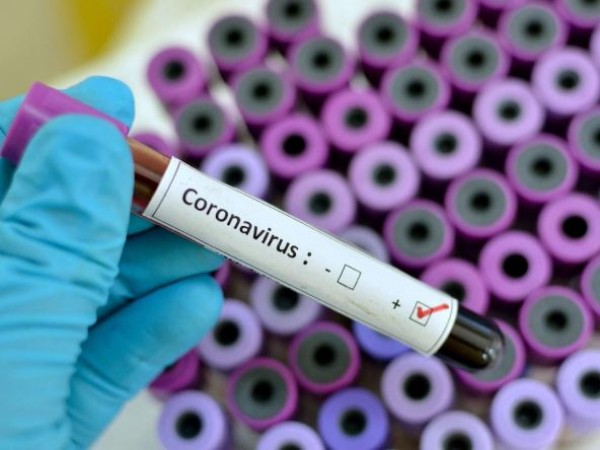
Some people infected with coronavirus suffer only mild symptoms, while others become severely sick. Now, a study by European scientists is the first to document a strong statistical link between genetic diversity and Covid-19. Variations at two locations in the human genome are associated with an increased risk of respiratory failure in patients with Covid-19, which the researchers found. One of these spots contains the gene. According to the new study, having Type A blood increases the likelihood that the patient will need to get oxygen or go on a ventilator. Coronavirus binds to a protein called ACE2 on the surface of human cells so that they can be recorded. Andre Franke, a molecular geneticist at the University of Kiel in Germany and co-author of the new study, said, "Now there are new babies on the block. That's where" scientists have already determined that factors such as age and underlying disease have led people to additional risk of developing a severe case of Covid-19."
But geneticists are hoping that a DNA test can help identify patients who will need aggressive treatment. Finding the reason that some genes can increase the chances of serious disease. As the epidemic gained momentum in February, Franke and colleagues collaborated with doctors from Spain and Italy and checked people who were struggling with the rising wave of Covid-19. Doctors took blood samples from 1,610 patients who needed oxygen supply or had to go on a ventilator. Franke and his colleagues extracted DNA from the samples and used a rapid technique called genotyping. Researchers scanned it. Researchers did not sequence all 3 billion genetic characters in each patient's genome. Instead, they looked at 9 million characters. Then researchers conducted the same genetic survey on 2,205 blood donors with no evidence of Covid-19. Also, scientists were looking for spots in the genome, known as loci. One of these sites is a gene that determines our blood type. While this gene directs the production of a protein that places molecules on the surface of blood cells. This is not the first time that Type A blood has turned into potential risk.
Chinese scientists who examined the patient's blood types also found that people with type A were more likely to develop a serious case of Covid-19. Nobody knows why. Franke was comforted by the support of the Chinese study, he could only speculate on how blood types might affect the disease. He also said that the place where the blood-type gene is located also has a stretch of DNA, which acts as an on-off switch for the gene that produces a protein that potentiates strong immune responses. Coronavirus triggers an overgrowth of the immune system in some people, causing widespread inflammation and lung damage. It is called a cytokine storm. It is theoretically possible that genetic variations influence that response. A second locus on chromosome 3, Covid-19, shows an even stronger link to Franke and his colleagues. But the site is home to six genes, and it is not yet possible to tell which of them affects the course of Covid-19. One of those gene candidates encodes a protein known to interact with ACE2, the cellular receptor required by the coronavirus to enter host cells. But another gene nearby encodes a powerful immune-signalling molecule. It is possible that this immune gene also triggers an exaggeration that leads to respiratory failure. Franke and his colleagues are part of an international effort called the Covid-19 Host Genetics Initiative. A thousand researchers from 46 countries are working with people with the disease. DNA samples are collected.
They are now posting data on the initiative's website. Andrea Ganna, a genetic epidemiologist at the University of Helsinki, said the data collected for the initiative were pointing to the same place as a potentially important player on chromosome 3. It is not genetically normal to emerge from studies, said Jonathan Sebet, a geneticist at the University of California, San Diego, who was not involved in the new study. While "we were all optimistic that it was one of those conditions, "said Seabate. Previously attempts have been made to find any genetic loci that have failed differently between sick people and healthy people. Furthermore, scientists hypothesized that the new study was successful because the researchers focused only on those who had respiratory failure and were clearly vulnerable to severe forms of Covid-19. While new studies, such as a seabate underway in California, will allow scientists to see if two loci actually matter as much as they seem now. Researchers will most likely find several other genes with subtitle effects over the course of Covid-19.
Video: Police vandalism continues in America, old man injured during protest
cases of coronavirus increasing in Pakistan
Amber Alert: Police released photo of Leo Isador and William Heckman